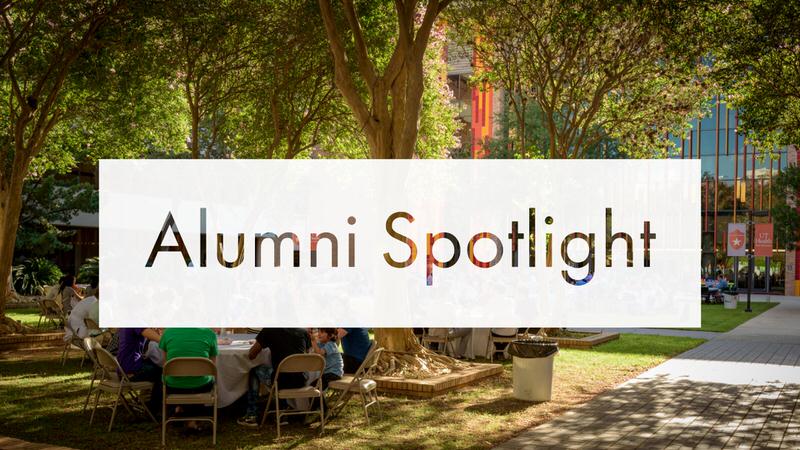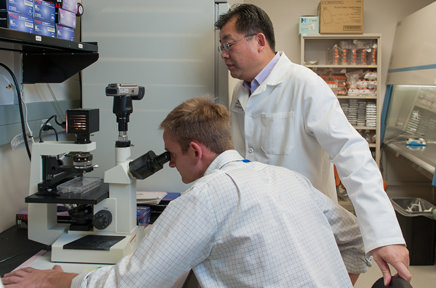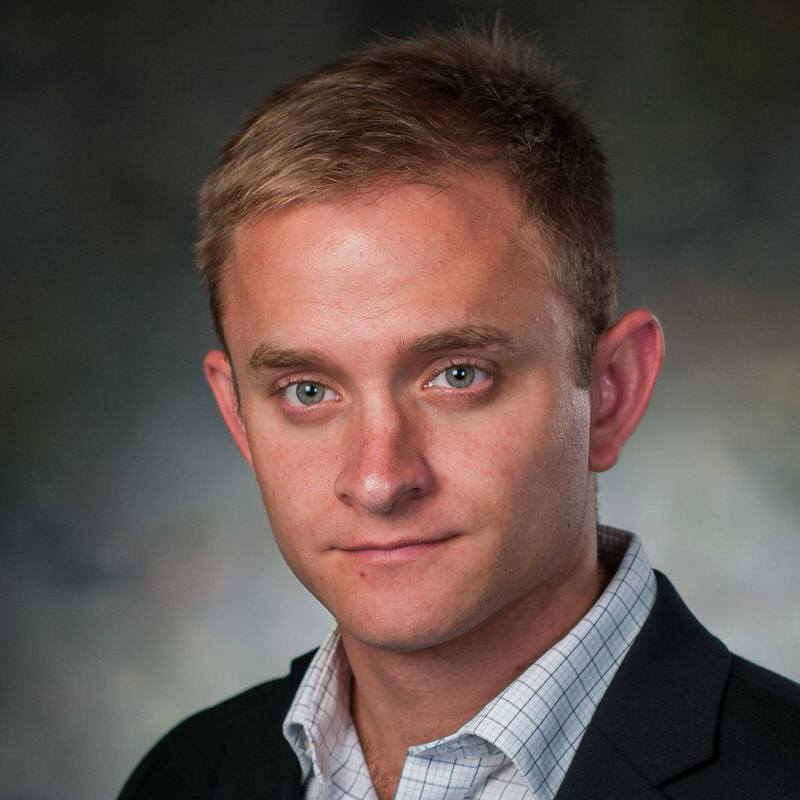Looking Back on Giving Away my Kidney

 About 2 years ago, I
About 2 years ago, I
heard a Freakonomics podcast. It was about markets where you can’t exchange currency. In it, they discussed organ donation networks. It was a fascinating economics problem. We have a tremendous excess of kidney function that is poorly allocated (i.e. most of us have way more kidney function than we need, and others don’t have enough). I started to dig deeper, close to a year later, I decided I would donate a kidney. It has now been nearly a year since I had my left kidney removed and given to a stranger. So many parts of this experience were interesting, and I’d like to find time to write about many of them, but I’d like to start with my motivation and how things changed.
It started with the podcast. For some reason, which apparently was stupid, I heard it, and I felt like I was being told more people should donate kidneys. It turns out, according to the author of Freakonomics, that just makes me part of the problem…. but you can read more about that on John Magallanez’ blog. As a biomedical scientist, I approached this problem from a detached perspective. I read about the prevalence of kidney disease, the current therapies, and the immediate impact of kidney donation. I understood the risk I was assuming, and determined that donating a kidney was a positive value proposition. I took on a mild risk and someone else would see an incredible benefit. If I could help create a world where more people donated organs, I could even stand to reap tremendous value personally, because with the prevalence of kidney disease, it is likely that someone I care about could be saved pain and suffering by living in that world.
When I went through the psychological evaluation that is mandatory for altruistic donors (those donating to strangers and receiving nothing), I explained it in very unemotional terms. I said that I didn’t care who got it, I didn’t need to meet them, and wouldn’t want a relationship with them after. I just saw it as a transaction that would have little cost to me and great benefit to society, so I didn’t mind if they cut out my kidney. It turns out that the psychologist evaluating me was nearly as weird as I am, because that answer “didn’t raise any red flags.” Moving toward the procedure, I felt confident in my decision, until nearly the last day. It is important to mention here, that when you are doing an altruistic donation, the hospital staff is abundantly cautious about not pressuring you, so they constantly are telling you that it is OK to back out. Still, I didn’t really think seriously about backing out, until my former boss and mentor found out what I was up to. He called me and told me how stupid I was being, and he raised some pretty good points that I have yet to fully address. He was, and is, a very smart man.
 This conversation was just a few days before the procedure was planned, and for the first time, I was having second thoughts. The morning of the surgery, I had to get an Uber to the hospital around 4:30 a.m. I was so nervous that I could barely make words, and I thought I might cry. When the Uber driver pulled up, I got in, and I heard the “bah-ding” noise telling me that my destination was popping up on his phone. The driver was a black man, about 50 years old, with a very warm demeanor. He had driven me before, but I was so distracted that I didn’t immediately remember the previous conversation we had had. He looked at the destination, and said “ahhh, Methodist Specialty and Transplant…. Dr. Bingham is over there.” I didn’t know Dr. Bingham personally, but I knew his reputation. I had considered requesting that he do my surgery, before I decided that this was an easy procedure that anyone could do (I was probably over confident). I asked him how he knew Dr. Bingham, and he replied that he was one of his patients. He told me that he had received a kidney 25 years ago from his brother, and it was finally giving out on him, so he was waiting for a new one. He was about the right age where he could be my father (though he was younger, taller, and blacker than my dad, so I was not going to get confused). This was all the reassurance I needed. I told him why I was going, but I didn’t say much more. I may have teared up a little though. When we got to the hospital, he thanked me for what I was doing, and I wished him luck. I haven’t seen him since, and I didn’t tell anyone about the interaction until long after the surgery.
This conversation was just a few days before the procedure was planned, and for the first time, I was having second thoughts. The morning of the surgery, I had to get an Uber to the hospital around 4:30 a.m. I was so nervous that I could barely make words, and I thought I might cry. When the Uber driver pulled up, I got in, and I heard the “bah-ding” noise telling me that my destination was popping up on his phone. The driver was a black man, about 50 years old, with a very warm demeanor. He had driven me before, but I was so distracted that I didn’t immediately remember the previous conversation we had had. He looked at the destination, and said “ahhh, Methodist Specialty and Transplant…. Dr. Bingham is over there.” I didn’t know Dr. Bingham personally, but I knew his reputation. I had considered requesting that he do my surgery, before I decided that this was an easy procedure that anyone could do (I was probably over confident). I asked him how he knew Dr. Bingham, and he replied that he was one of his patients. He told me that he had received a kidney 25 years ago from his brother, and it was finally giving out on him, so he was waiting for a new one. He was about the right age where he could be my father (though he was younger, taller, and blacker than my dad, so I was not going to get confused). This was all the reassurance I needed. I told him why I was going, but I didn’t say much more. I may have teared up a little though. When we got to the hospital, he thanked me for what I was doing, and I wished him luck. I haven’t seen him since, and I didn’t tell anyone about the interaction until long after the surgery.
Once I entered the hospital, I put a brave face back on (except when I had to discuss the catheter), and went back to being a stoic scientist. When the surgeon asked if I wanted him to take a picture of my kidney, I told him that I would rather he scrape out some visceral and subcutaneous fat so I could study differences in the stem cells isolated from each.
Before I knew it, I was waking up in the recovery room, with a funny looking shaven stomach. My recovery went very smoothly. I even spent some time at work the next day. And I went back to telling a very detached story about my motivation for donating. When asked about my motivations, I would explain to people that over 1% of the US population suffers from kidney disease, and thousand will die from complications while waiting for a transplant, even while we have a surplus of millions of healthy kidneys. Still, I knew this was not a cut and dry decision. There are reasons not to donate. For starters, many people that need them have done a very poor job taking care of themselves in the past, and may not be great stewards to a new organ. Also, most recipients require anti-rejection meds permanently, and those are no walk in the park. Perhaps the most troubling reason I found not to…. of all the people I dealt with at the hospital that helped me through the process and helped me in the recovery room, I didn’t meet a single kidney donor…. If it is such a good thing to do, why aren’t they drinking the kool-aid.
A few months after the procedure, I got an email from the hospital saying that my recipient had left a letter for me. They wanted to know if I wanted to receive the letter. The letter gave me a much better reason for donating than I had before I did it. For the sake of her privacy, I won’t say her name, but it was a woman in her mid-fifties, who started her letter, “Dear Kidney Donor on January 18, 2017.” In a three page handwritten note, she told me about helping her daughter prepare for her wedding, and playing with her two granddaughters. She told me how quickly she improved and how she is cherishing her health. When I donated, I had hoped that because I was CMV negative, my kidney would go to a child. I thought I would be disappointed if it went to someone older, but when I got that letter, I realized that she could’ve been my mom. I realized I had saved someone else’s mom. I realized someone else could one day have the opportunity to save mine. I realized that for that, I would give both my kidneys.
If anyone that reads this feels the same way, you can find out more about donating a kidney on the Methodist Specialty and Transplant Hospital website.
About the Author
 Dr. Travis Block is an alumnus of the joint Ph.D. in Biomedical Engineering program between The University of Texas Health Science Center at San Antonio and The University of Texas at San Antonio. He is currently a senior scientist at StemBioSys, Inc and is the founder of a local non-profit, San Antonio Science. This blog was originally published on his site and is republished with permission.
Dr. Travis Block is an alumnus of the joint Ph.D. in Biomedical Engineering program between The University of Texas Health Science Center at San Antonio and The University of Texas at San Antonio. He is currently a senior scientist at StemBioSys, Inc and is the founder of a local non-profit, San Antonio Science. This blog was originally published on his site and is republished with permission.
